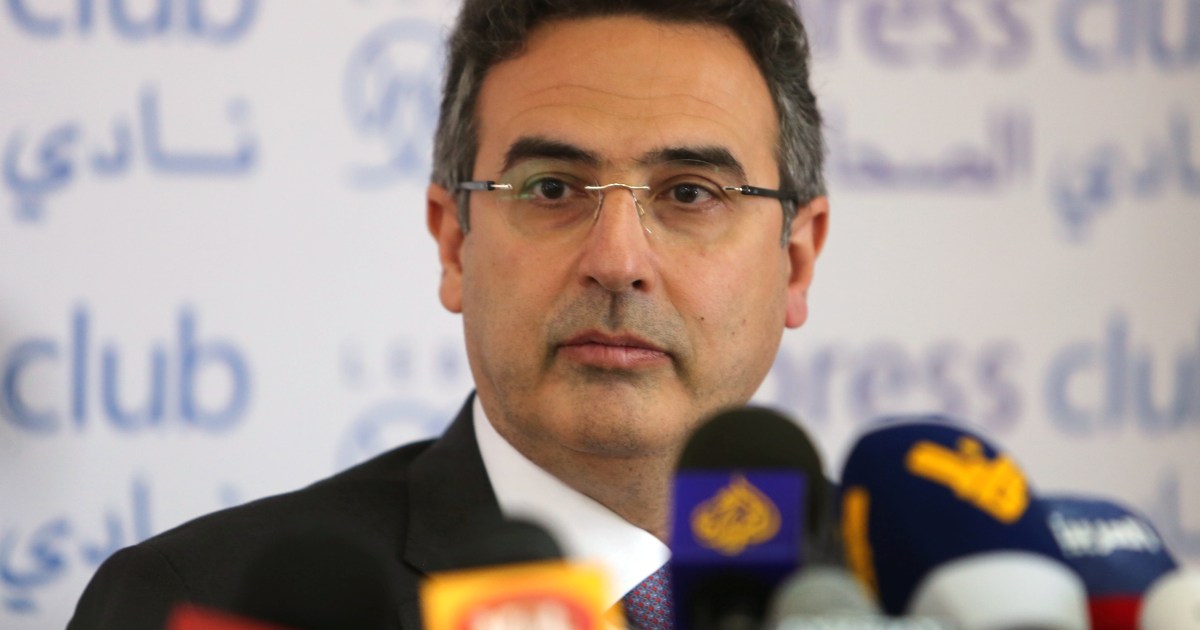The Financial Times quoted Alan Biffany, the former director general of the Lebanese Finance Ministry, as saying that Lebanese banks have "smuggled" nearly 6 billion dollars since last October, despite the withholding of transfers abroad as the country entered into a financial crisis.
Banks imposed strict restrictions from late 2019 after a financial collapse led to a tightening of the dollar and pushed prices to rise and fuel unrest, and banks were criticized for freezing people's savings after using their deposits to finance the heavily indebted country.
Biffany, who resigned from his post two weeks ago, told the Financial Times that between $ 5.5 billion and $ 6 billion were "smuggled out of the country by bankers who would not allow the depositor to withdraw $ 100."
He added that this evaluation is based on his understanding of the banking sector data and consultations with the Banking Supervision Authority, and no comment has been issued yet from the Association of Banks in Lebanon or the Ministry of Finance. The President of the Assembly has previously said that the restrictions imposed are aimed at preserving Lebanon's wealth.
This senior official - who held his position in the ministry for 20 years - was the second member to resign from the Lebanese negotiating team with the International Monetary Fund.
Biffany held the private interests responsible for undermining the government's economic rescue plan, without mentioning names, and in the interview he accused politicians and bankers of trying to "benefit from the system without incurring the slightest loss" at a time when they make the Lebanese pay the price of the collapse.
The IMF talks that started in May, due to a dispute between the government and the central bank, have stumbled over the extent of the losses in the financial system and how they are distributed.

